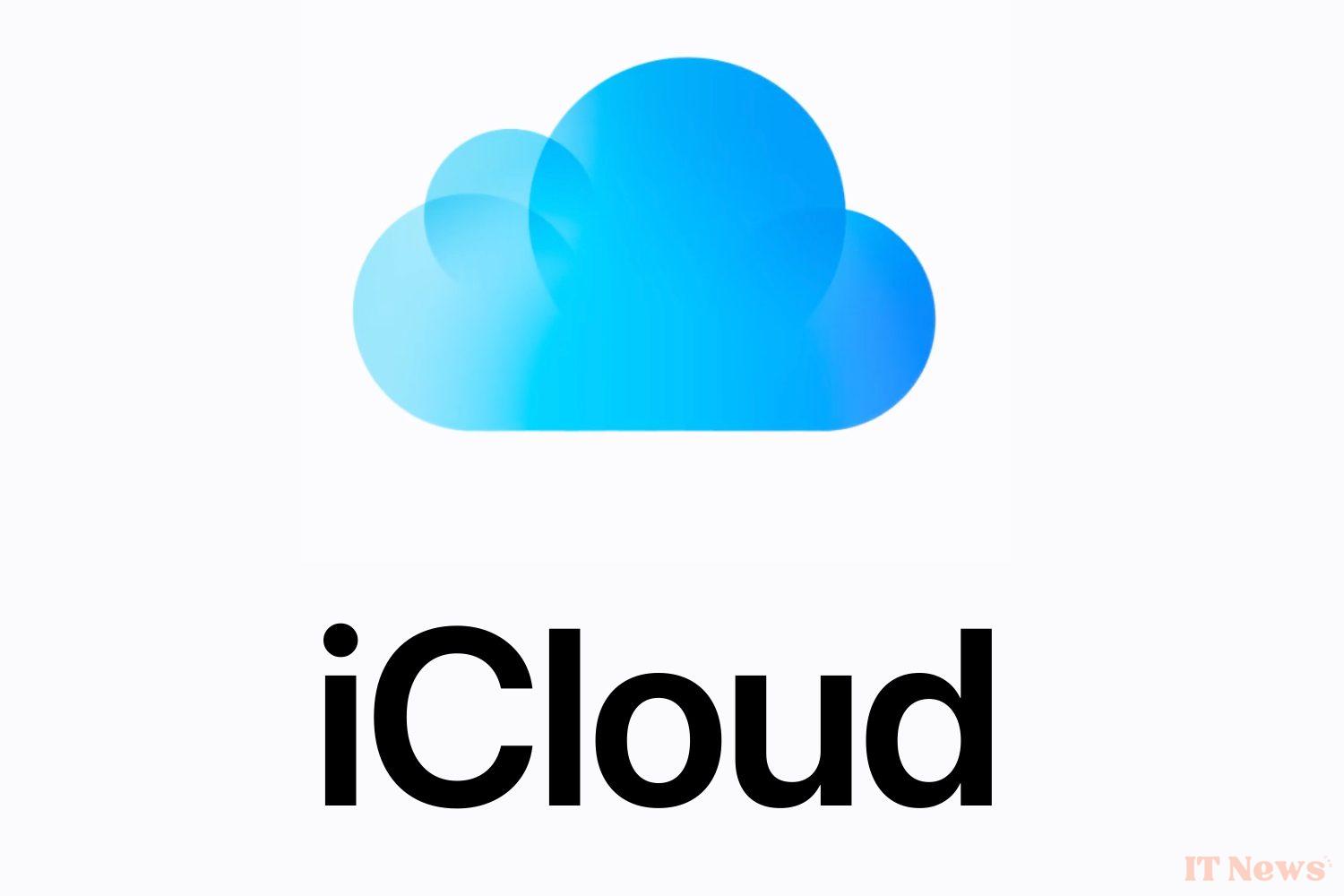In the case of backdoors requested from Apple in the United Kingdom, the Apple brand has won the first round. Last February, Applerefused to create backdoors to access, at London's request to iCloud contents. However, the British authorities wanted Apple's appeal to remain completely out of reach of the media and public. It failed: a summary of the decision of the "Investigatory Powers Tribunal," a court that examines complaints filed against British intelligence services, was published on Monday, April 7. The two judges ruled that certain parts of this case will indeed be made public, despite the objections of the British government.
For London, revealing the details of this case would be "prejudicial to the public interest or national security": "the essential facts of the case must remain private," argued the authorities across the Channel. An argument that did not convince the British court. For the two judges, keeping this case completely and 100% confidential "would constitute a fundamental breach of the principle of open justice." "It would have been quite extraordinary to conduct a completely secret hearing without the fact that a hearing was taking place being revealed to the public," they wrote. This means that the case will indeed be heard behind closed doors. But the public will be able to access key information about the proceedings and the judgment.
The first-ever official confirmation of Apple's appeal
The decision constitutes the first-ever official confirmation that Apple is challenging the UK government's backdoor request in court. Although revealed two months earlier by the Washington Post, the case had never been confirmed by the government or Apple. According to our colleagues, the United Kingdom has ordered Apple to access the encrypted cloud data of all its customers, notably by installing back doors – the famous “back doors”, based on the “Investigatory Powers Act”, a 2016 law.
The British government, like some members of the French government, believes that it is essential to break through the encryption shield of messaging services in order to fight terrorism and child sex trafficking.
A few days later, Apple dodged the issue, announcing that it had disabled one of its encrypted features in the United Kingdom, to avoid having to create “back doors” in its most secure cloud storage systems (iCloud). Specifically, it was about "iCloud's Advanced Data Protection (ADP) feature for UK users," a feature that allows users to store almost all of their data in the iCloud cloud, with end-to-end encryption.
Encryption regularly attacked in Europe
This is the first time that the British court has ruled on this 2016 law, which allows British authorities to attack encryption. Apple has always stated that it has "never built a backdoor or master key" for any of its products or services, and that it "never would."
Encryption technology, which allows conversations or documents to be visible only to those with a key that allows them to be decrypted, has been under attack for years by governments, including European ones. While encrypted services like those of Apple, WhatsApp, Telegram, Signal, and Olvid are widely used by citizens and businesses, they are also used by serious criminals. In France, a provision similar to the British law was fiercely debated and contested in the proposed law aimed at combating drug trafficking. It has so far been overturned by the National Assembly.



0 Comments